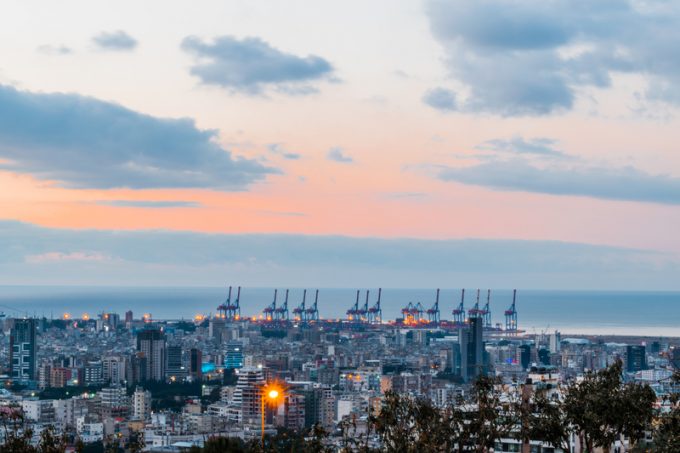New dangerous goods rules will impact shippers and freight forwarders
In the world of dangerous goods, the end of a tumultuous and challenging 2022 does ...
WTC: RIDE THE WAVEFDX: TOP EXEC OUTPEP: TOP PERFORMER KO: STEADY YIELD AND KEY APPOINTMENTAAPL: SUPPLIER IPOCHRW: SLIGHTLY DOWNBEAT BUT UPSIDE REMAINSDHL: TOP PRIORITIESDHL: SPECULATIVE OCEAN TRADEDHL: CFO REMARKSPLD: BEATING ESTIMATESPLD: TRADING UPDATEBA: TRUMP TRADE
WTC: RIDE THE WAVEFDX: TOP EXEC OUTPEP: TOP PERFORMER KO: STEADY YIELD AND KEY APPOINTMENTAAPL: SUPPLIER IPOCHRW: SLIGHTLY DOWNBEAT BUT UPSIDE REMAINSDHL: TOP PRIORITIESDHL: SPECULATIVE OCEAN TRADEDHL: CFO REMARKSPLD: BEATING ESTIMATESPLD: TRADING UPDATEBA: TRUMP TRADE

The tragic explosion at Beirut’s port will focus port authorities and governments on ensuring goods stored at ports are done so safely. According to a report by Aljazeera, the ammonium nitrate which looks likely to have been the cause of the explosion was on its way from Georgia to Mozambique six years ago. However, the ship was forced to dock at Beirut with technical problems, and officials in Lebanon prevented it from leaving. The owners ended up abandoning the ship and shipment, and the cargo was offloaded at Hangar 12 at the port. Over the next years, Customs officials repeatedly requested a solution, but no answers were forthcoming. Read this Aljazeera report – it’s really interesting and well-researched.


Comment on this article